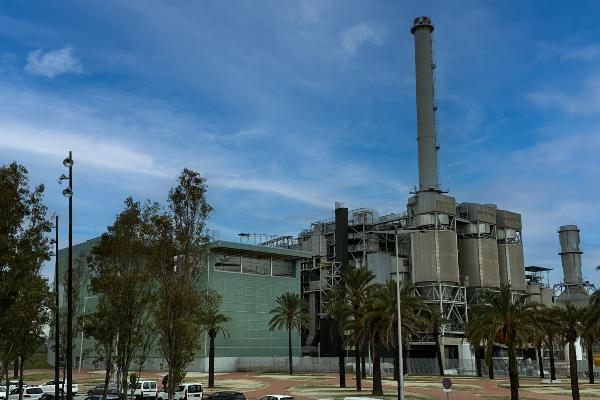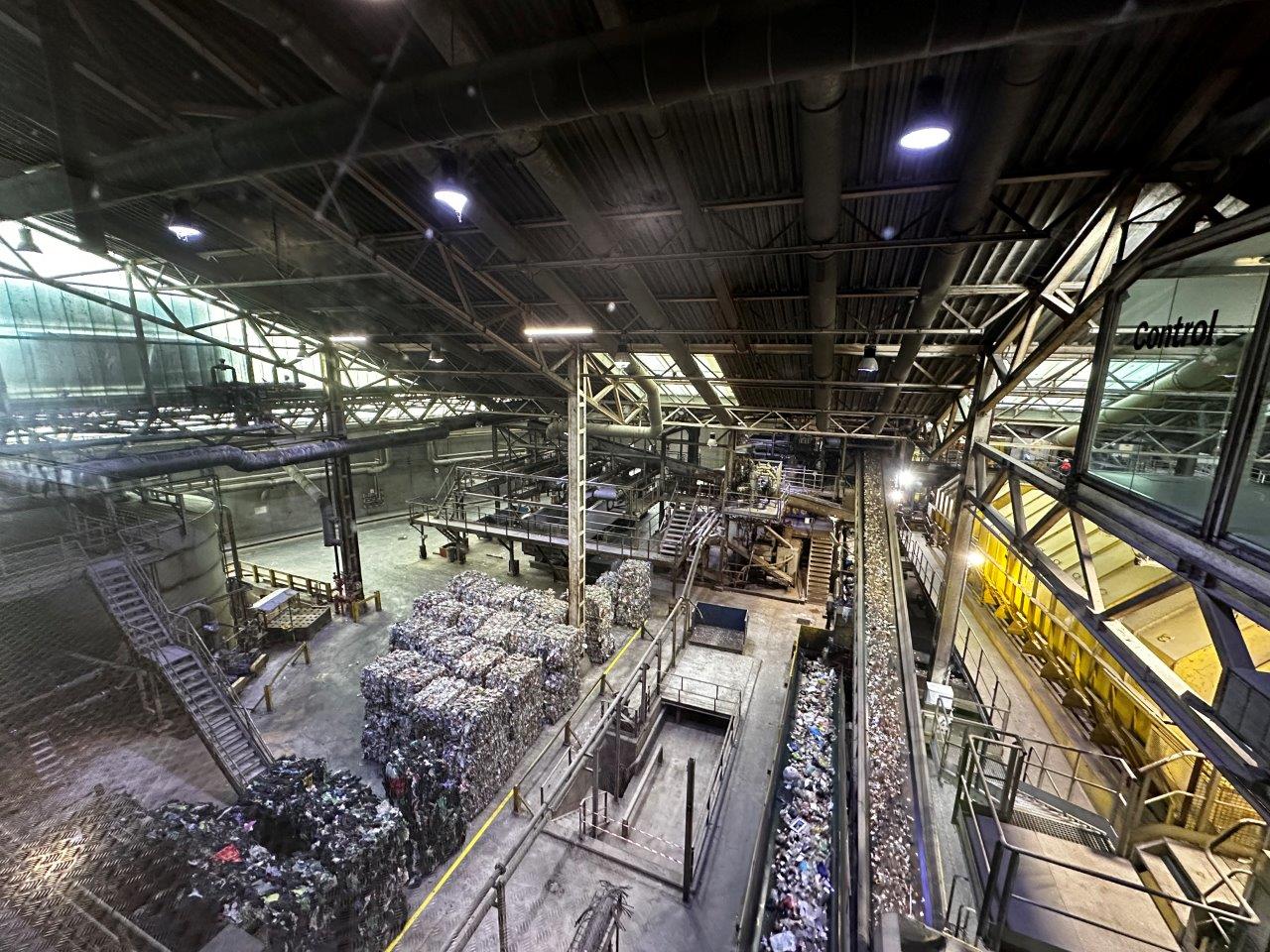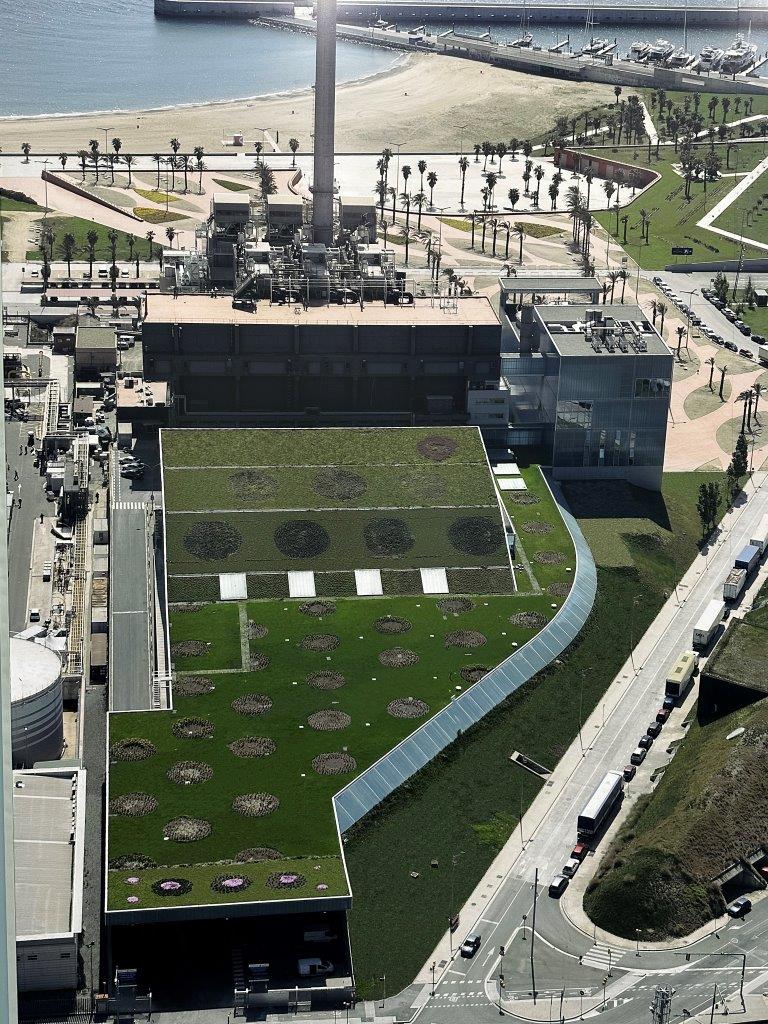News
FCC Medio Ambiente grows in the Barcelona Metropolitan Area with the Ecoparc 3 contract

The new contract for the operation of Ecoparc 3 located in the municipality of Sant Adrià de Besòs has started, recently awarded by the Metropolitan Area of Barcelona (AMB) to FCC Medio Ambiente in a joint venture with a company in the sector. With this contract, which represents an order book value of €28.3 million for the next three years, with two possible one-year extensions, the company is already present in two of the four ecoparks that treat the waste from the city of Barcelona and its Metropolitan Area.
The facility mainly receives waste from the northeastern region of the city and the metropolitan area and is foreseen to manage 198,000 tons per year of residual waste (gray container) and another 60,000 tons per year of organic waste (brown container).
During the execution of this contract, a tender is planned to refurbish the facility, so that the biological system will change from treating the organic matter contained in the residual fraction, as it has been done until now, to processing the organic fraction selectively collected (brown container). The final rejection obtained after waste treatment will be taken to the associated energy recovery plant.
Located in a very dense urban-industrial network, it should be noted that this is a very compact facility, which means a comparatively intensive use of the surface area occupied by the high volume of waste treated.
FCC Medio Ambiente is the FCC Group company that has been providing municipal services and end-to-end waste management for over 120 years. It currently serves 66 million people in 5,200 municipalities around the world. It manages 24.6 million tonnes of waste annually and produces 6.35 million tons of secondary raw materials (SPM) and refuse-derived fuel (RDF) through more than 800 operational waste management facilities, of which 200 are environmental compounds.










